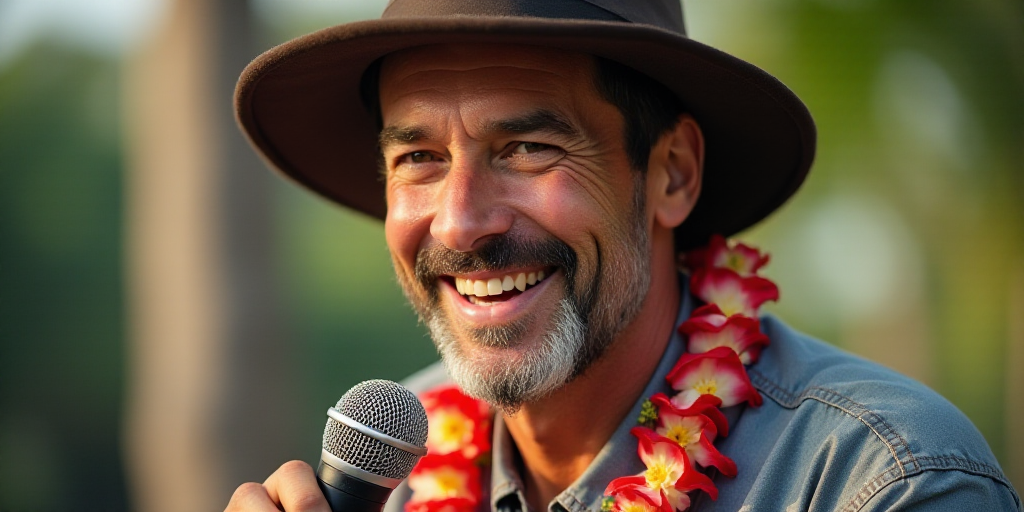Background on Evo Morales and His Relevance
Evo Morales, the former president of Bolivia who served from 2006 to 2019, has been a significant figure in the country’s political landscape. His socialist policies and advocacy for indigenous rights have made him both a champion and a controversial figure. After leaving office, Morales has remained influential, though his political future became uncertain following the 2020 elections.
Election Context and Morales’ Exclusion
In the recent Bolivian presidential elections held on October 18, 2020, Evo Morales was barred from running due to a court ruling prohibiting more than one consecutive term. This decision sparked widespread controversy and protests, with Morales claiming it was part of a broader political conspiracy against him.
Historical Null Vote and Its Implications
Record-breaking null vote: The election witnessed an unprecedented 19.2% null vote, which Morales hailed as a successful protest against his exclusion from the presidential race. Over 1.2 million Bolivians chose to invalidate their votes, according to 95% of the ballots counted.
Protest through voting: Morales expressed his satisfaction on social media, stating that the people had made their dissatisfaction with the administrative reduction of democracy clear. He wrote, “Our protest was felt: we voted but did not choose, and the people made it clear that democracy cannot be reduced to mere administrative transition.”
Election Results and Next Steps
Senator Rodrigo Paz of the center-right obtained the highest vote share (32.1%), followed by former right-wing president Jorge Quiroga with 26.8%. Both candidates will face each other in a runoff election on October 19.
Morales’ Current Situation and Future Prospects
Refuge and Accusations: Since October, Morales has been residing in a small village in the coca-growing region of Cochabamba, protected by indigenous guards from an arrest warrant related to alleged child trafficking during his presidency—a claim he denies.
Political Influence: Despite his exclusion from the election, Morales’ influence remains strong. In Cochabamba, where he holds significant political sway, null votes accounted for 32.8% of the total, with over 400,000 votes cast as null.
Political Future: Political analyst Daniel Valverde suggests that Morales might leverage the null vote’s popularity to regain influence and form a new political bloc. However, Valverde also notes that Morales’ approach seems more focused on obstruction rather than actively participating in democratic processes.
Key Questions and Answers
- Who is Evo Morales? Evo Morales is the former president of Bolivia, who served from 2006 to 2019. Known for his socialist policies and advocacy for indigenous rights, he remains a significant figure in Bolivian politics.
- Why was Morales excluded from the elections? A court ruling prohibited more than one consecutive term for presidential candidates, leading to Morales’ exclusion from the 2020 elections.
- What is the significance of the record null vote? The 19.2% null vote represents a historic protest against Morales’ exclusion from the presidential race, demonstrating public dissatisfaction with the administrative reduction of democracy.
- What are Morales’ current plans? While Morales denies allegations of child trafficking, he continues to wield influence in Bolivian politics. Some analysts suggest that he might form a new political bloc leveraging the null vote’s popularity, though his approach appears more focused on obstruction.






